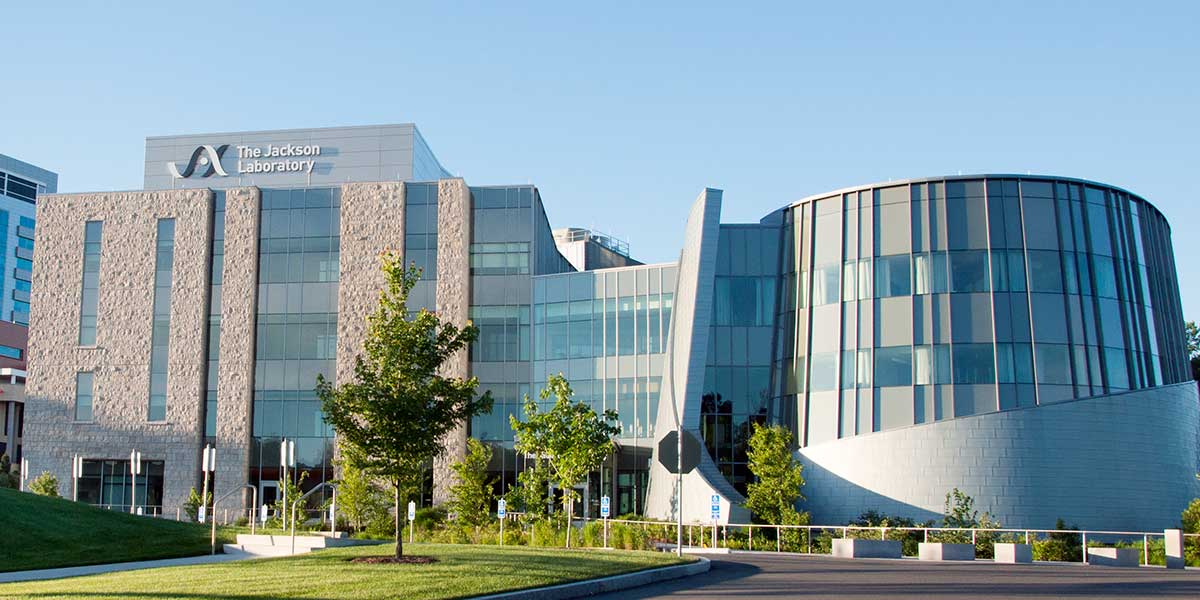Research is an integral part of the fellow’s training.
During the 24-month fellowship, the fellow will undertake an independent original research project approved by the fellowship director and initiated in the first year of training to allow for appropriate time to complete. The fellow will have on average a full day per week of protected research and academic time.
A faculty member will assume the role of the fellow’s research mentor. The faculty at both sites have expertise and interest in clinical science research as well as experience. The faculty member will be available to mentor the fellow so that they will complete at least one IRB approved research project relevant to minimally invasive gynecologic surgery by the completion of their fellowship. This research project will be an original data-driven project, meta-analysis or a systematic review that conforms to PRISMA guidelines. During the research experience the fellow will be exposed to: hypothesis generation and testing, the IRB application process, study design, data gathering, statistical analysis, and manuscript preparation and revision. The fellow will be expected to submit abstracts and/or videos to appropriate scientific meetings and successfully publish at least one research project. An epidemiologist is available to the fellows for consultation and help with research projects and each fellow is provided with SPS software available for statistical analysis.
In addition to fellow initiated studies, the fellow will have the opportunity to participate in ongoing studies being done within the MIGS division. Basic research projects on endometriosis are ongoing with Jackson Laboratories which has an on-campus site at UConn Health. We have also participated in pharmaceutical funded multicenter studies. The fellow is encouraged to work on a self-initiated QI project as well. If interested, the fellow can write review papers or case reports with the assistance of the faculty.
